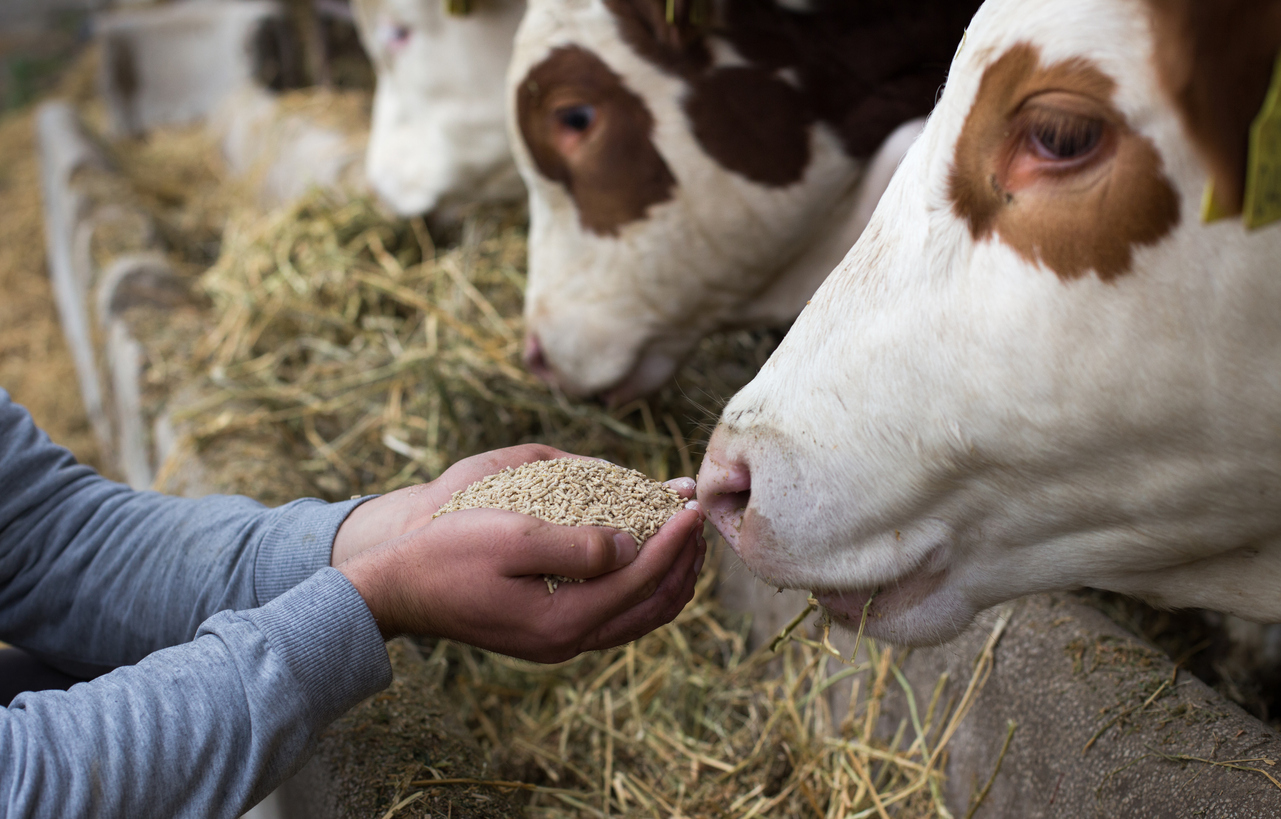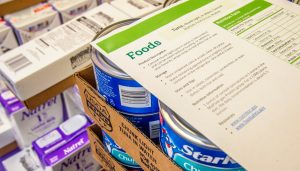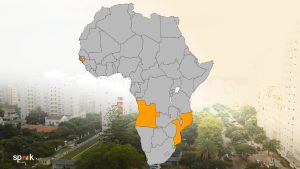In South Africa, the importation of animal feed is a crucial component of the global trade of agricultural products, ensuring the sustenance and well-being of the nation’s livestock. To facilitate the smooth flow of such imports, the government has established a comprehensive regulatory framework, requiring individuals and entities to obtain an Animal Feed Import Permit in South Africa. Furthermore, the importation of animal feed in South Africa is governed by various regulatory bodies, with the Department of Agriculture, Land Reform and Rural Development (DALRRD) playing a central role. The DALRRD, in collaboration with other agencies, has developed a set of regulations and procedures to ensure the safety, quality, and compliance of imported animal feed. This article, therefore explores the key steps and considerations involved in securing the animal feed import permit in South Africa, shedding light on its importance for the agricultural industry and the animal feed import permit in South Africa.
Key Steps in Obtaining an Animal Feed Import Permit in South Africa
 It’s worth noting that to import animal feed or pet food into South Africa, you must obtain an Import Permit and a Certificate of Registration from the Registrar of Act 36. However, please find below the key steps in obtaining an animal feed import permit in South Africa:
It’s worth noting that to import animal feed or pet food into South Africa, you must obtain an Import Permit and a Certificate of Registration from the Registrar of Act 36. However, please find below the key steps in obtaining an animal feed import permit in South Africa:
Step 1: Application Process
Familiarise yourself with the specific requirements for importing animal feed into South Africa. This includes compliance with health and safety standards, labelling requirements, and other regulations:
- Begin by obtaining a sample of the farm feed or pet food and take it to an accredited laboratory for analysis to obtain a laboratory certificate.
- Draft a cover letter on your company’s letterhead addressed to the Registrar, expressing your intent to import animal feed or pet food. Include essential details such as the product’s name, quantity, proof of conformity to the relevant regulatory body, registration number (if applicable), reasons for submission, and any necessary permissions. Also, attach a laboratory certificate stating the product’s nutritional data, information on the port of entry, reasons for importation, and details about the product’s packaging or label.
- Complete the application form for a registration certificate, ensuring it is signed by a Commissioner of Oaths. Note that there is no specific form for an import certificate.
- Combine the cover letter, product label, and laboratory certificate with the completed application form.
Step 2: Pay Application Fees
 Check if there is information on any applicable fees for the permit and make the necessary payments. The fee structure may vary based on the type and quantity of animal feed being imported.
Check if there is information on any applicable fees for the permit and make the necessary payments. The fee structure may vary based on the type and quantity of animal feed being imported.
- Make the required payment for the prescribed fee through either a cheque or electronic fund transfer (EFT). If opting for EFT, use the provided account details: Account name: NDA-ACT36 of 1947, Account number: 11 2031 02, Branch code: 01 0845, Bank name: Standard Bank. Include the reference “11FF1” and your company name. If making a hand-delivered payment, ensure you obtain a receipt.
Step 3: Submit the application together with supporting documents
- Submit one original and a copy of the application forms, along with the attached documents and proof of payment, to the Registrar: Act No. 36 of 1947, Private Bag X343, Pretoria, 0001, or hand-deliver them to the Registrar Act 36 of 1947, Agriculture Place, 20 Steve Biko Street, Arcadia, Pretoria.
Importance of the Animal Feed Import Permit
- Biosecurity and Disease Control:
The permit system acts as a crucial tool in maintaining biosecurity and controlling the spread of diseases. By regulating the importation of animal feed, South Africa can safeguard its livestock and agricultural sector from potential threats.
- Quality Assurance:
The permit process ensures that imported animal feed meets the required quality standards. This is vital for the health and productivity of the nation’s livestock, contributing to the overall sustainability of the agricultural industry.
- Compliance with International Standards:
By aligning the importation process with international standards, South Africa promotes global trade while safeguarding its agricultural interests. This fosters a transparent and cooperative relationship with trading partners.
Obtaining an Animal Feed Import Permit in South Africa is a careful process that demonstrates the government’s commitment to guaranteeing the safety, quality, and compliance of imported animal feed. The regulatory system, spearheaded by the Department of Agriculture, Land Reform and Rural Development, is critical to the agriculture sector’s biosecurity, quality assurance, and international collaboration. Prospective importers must handle this process with caution, acknowledging its importance in sustaining the country’s thriving agricultural business.
SpeakPortuguese At Your Service!
SpeakPortuguese is a translation agency that can assist you in translating your animal feed import permit into Portuguese. Our translators are experts in the international trade industry and have extensive knowledge of importation documents. We also translate your animal feed import permit into different languages other than Portuguese at affordable prices. Our agency understands that an accurate translation of your animal feed import permit reduces the risk of misinterpretation or misunderstanding, which can lead to errors in trade operations. Therefore we will ensure that we help in mitigating risks associated with trade operations. Contact us for more information on our services. Website: www.speakportuguese.co.za | Email: info@speakportuguese.co.za






2 Comments
To whom it may concern,
If I need to import animal feed (for aqua animals like fish and shrimp) which contained animal proteins (excepts aves and artiodactyla) from Taiwan to South Africa, should I prepare official certificate issued by competent authority of Taiwan ?
Good day Lilian, Thank you for reaching out.
We kindly recommend that contact The National Department of Agriculture, Land Reform and Rural Development (DALRRD), and or
the Taiwanese Authorities for more information.
Kind regards.